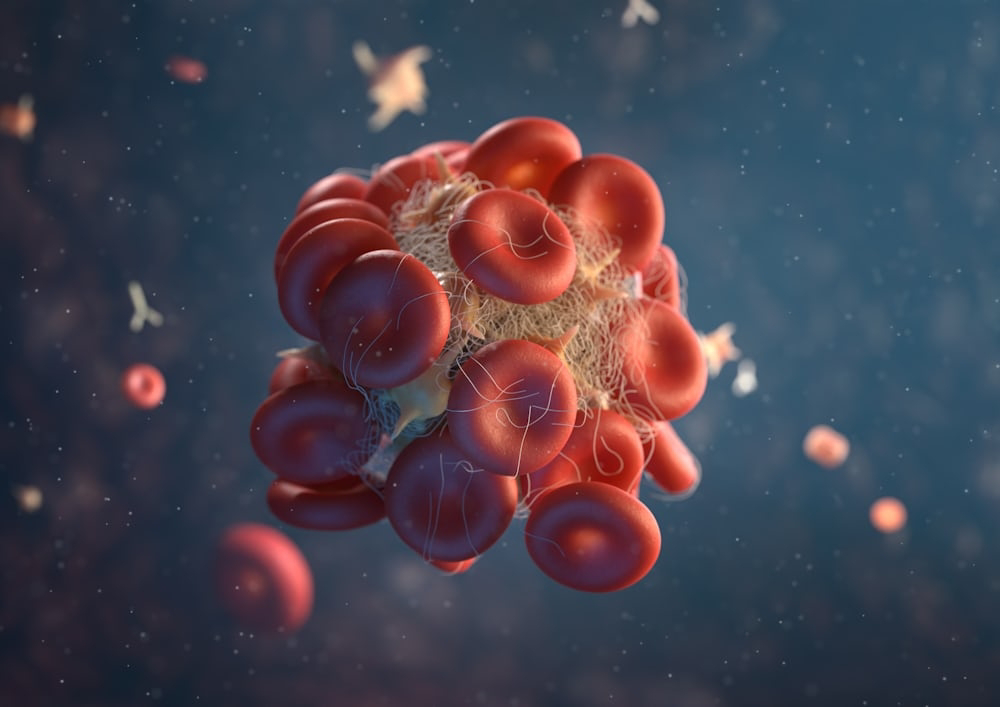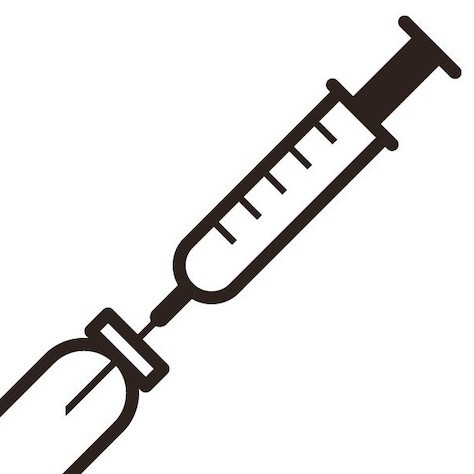The Benefits of Donating Blood While on Testosterone Replacement Therapy (TRT)
Testosterone Replacement Therapy (TRT) is a common treatment for individuals with low testosterone levels. While TRT offers numerous benefits, such as improved mood, energy, and muscle mass, it also comes with potential side effects. One notable effect is an increase in hematocrit levels, which can lead to complications if not managed properly. Regular blood donation is a simple and effective way to mitigate this risk and offers additional benefits, both to the donor and the community.
Understanding Hematocrit and Its Impact
Hematocrit is the percentage of red blood cells in your blood. Elevated hematocrit levels can thicken the blood, increasing the risk of clots, strokes, and heart attacks. TRT often raises hematocrit levels as it stimulates the production of red blood cells. For those undergoing TRT, monitoring and managing hematocrit is crucial to maintaining cardiovascular health.
Why Blood Donation Helps
Reduces Hematocrit Levels: Regular blood donation is one of the most effective ways to reduce hematocrit levels. By donating blood, you effectively lower the concentration of red blood cells in your system, which can help mitigate the risks associated with thickened blood.
Improves Blood Flow: Lower hematocrit levels result in thinner blood, which improves circulation and reduces the strain on your heart. This can lead to better overall cardiovascular health and reduce the likelihood of complications related to high blood viscosity.
Promotes Heart Health: By donating blood, you are actively reducing your risk of developing heart-related issues. Studies have shown that regular blood donors tend to have a lower risk of heart attacks and strokes, which is particularly beneficial for those on TRT.
Additional Benefits of Blood Donation
Helps Save Lives: Each blood donation can save up to three lives. Blood is always in high demand, especially for surgeries, cancer treatment, chronic illnesses, and traumatic injuries. By donating blood, you are contributing to a vital resource that helps countless individuals in need.
Stimulates Red Blood Cell Production: After donating blood, your body works to replenish the lost blood, which stimulates the production of new red blood cells. This process can help maintain healthy blood production systems and improve your body's efficiency in creating new blood cells.
Burns Calories: Surprisingly, blood donation can burn a significant number of calories. According to some studies, you can burn up to 650 calories per donation. While this is not a primary reason to donate, it is a nice added benefit.
Provides a Free Health Check: Before donating, you'll undergo a mini-physical to ensure you're healthy enough to give blood. This includes checking your blood pressure, pulse, hemoglobin levels, and overall health. Regular donations mean you get these health check-ups frequently, which can help you stay on top of your health status.
Psychological Benefits: Donating blood is a selfless act that can provide a sense of fulfillment and purpose. Knowing that your donation can save lives gives a significant emotional and psychological boost.
Addressing Common Concerns
Fear of Needles: Many people are hesitant to donate blood due to a fear of needles. However, the process is quick, relatively painless, and performed by trained professionals who ensure your comfort and safety.
Impact on Athletic Performance: Some athletes worry that donating blood might affect their performance. While there might be a temporary dip in endurance immediately following donation, most individuals recover fully within a short period. The long-term health benefits far outweigh any short-term effects.
Frequency of Donation: It's important to follow guidelines for donation frequency. Typically, men can donate every 12 weeks, and women every 16 weeks. Always consult with your healthcare provider to determine the best schedule for you, especially when undergoing TRT.
For those on Testosterone Replacement Therapy, regular blood donation is a proactive measure to manage elevated hematocrit levels and maintain cardiovascular health. Beyond the personal health benefits, donating blood is a noble act that saves lives and supports the community. Embrace the opportunity to contribute positively to both your health and the well-being of others by making regular blood donation a part of your health regimen while on TRT.





Comments
Post a Comment